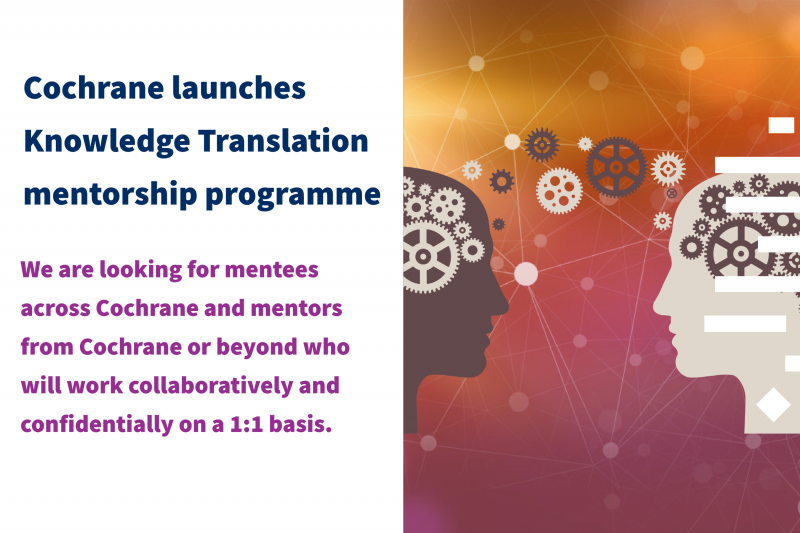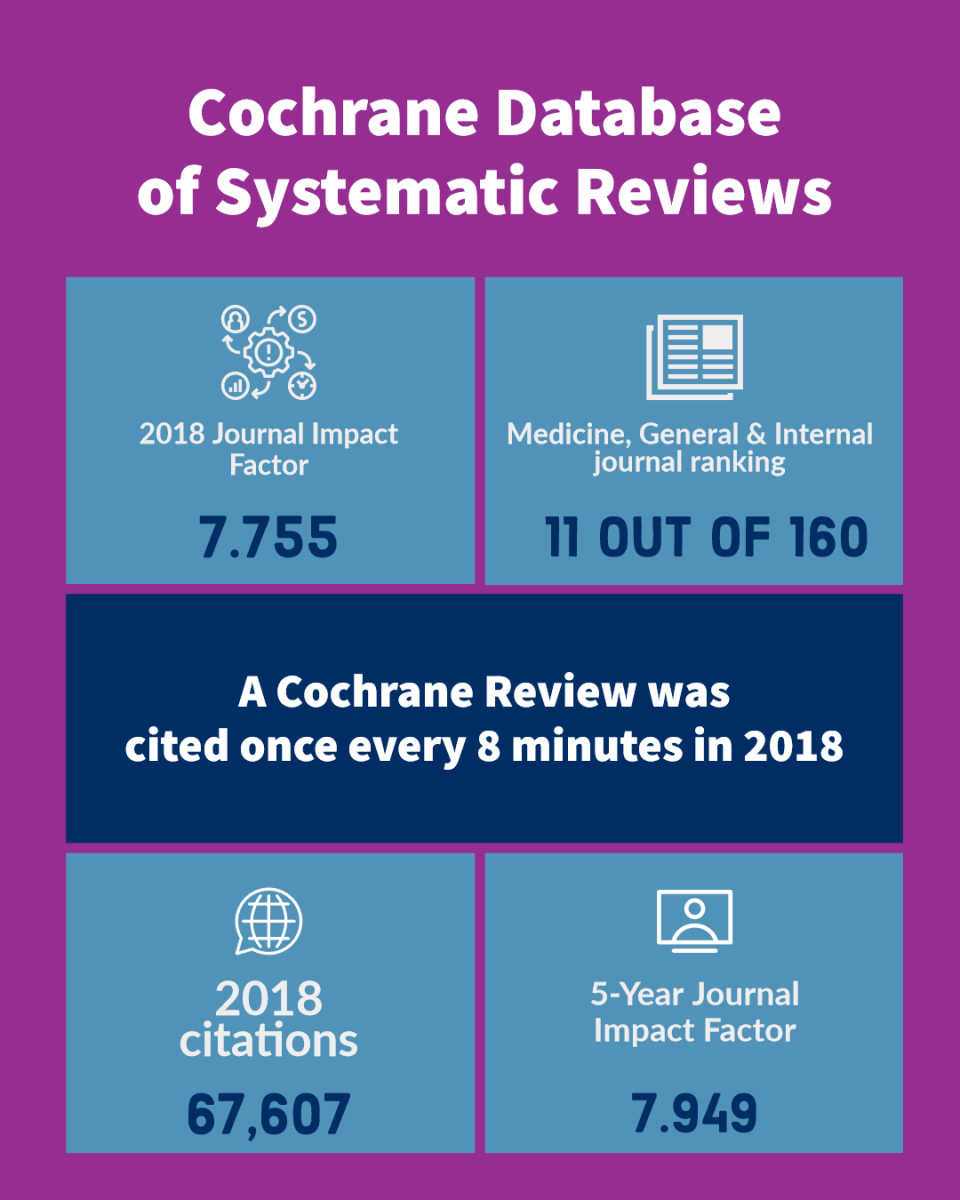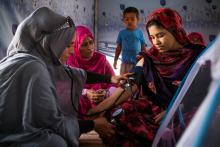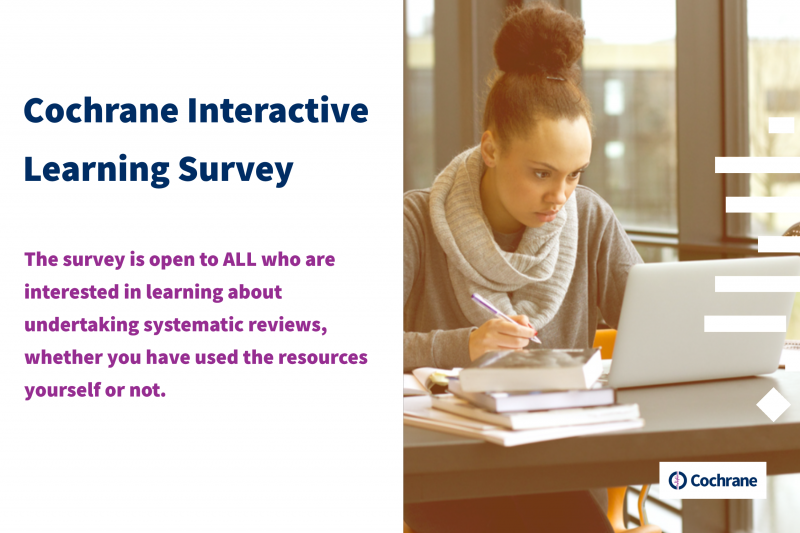Following a consultation meeting on using clinical study reports in Cochrane Reviews, held on 16 May 2019, Ella Flemyng, Methods Implementation Coordinator at Cochrane, shares details and the minutes from the meeting, as well as highlight plans for taking the project forward in Cochrane.
A recent Cochrane Methods Innovation Funded (MIF) project highlighted that journal article reporting of randomized controlled trials (RCTs) are often incomplete and can therefore bias results of systematic reviews. The Methodological Expectations of Cochrane Intervention Reviews (MECIR) standards do not currently mandate searching unpublished sources of studies, so the project developed guidance intended to help systematic reviewers decide when it is appropriate to access regulatory and other unpublished sources of information to provide the most complete set of data for use in a review.
The report highlighted examples where clinical study reports (CSRs) had enhanced the value of systematic reviews. CSRs are documents submitted to regulators to obtain marketing licenses for drugs and biologics and are a key source of detailed trial information, providing much more information than other sources, particularly adverse event data. CSRs can be long (up to 10,000s of pages), but they are generally highly structured, and where they exist, they are likely to be the most comprehensive and complete single source of information about a trial.
From the when to the how
In response to the report on when to use CSRs, growing interest in data sharing, and increased opportunities to access CSRs, Cochrane held a consultation meeting on 16 May 2019 to discuss how they should be incorporated in to Cochrane Reviews. There were 34 attendees at the meeting, including clinical researchers, methodologists who have used CSRs, and editorial representation from Cochrane Review Groups and their Networks who are interested in using them. The four main objectives for the meeting aimed to build on the criteria developed from the MIF project by:
- Reflecting on the experiences of individuals and teams that have used CSRs as the basis for reviews, and exploration of the practical feasibility of using CSRs in Cochrane.
- Exploring access and other major obstacles to obtaining CSRs, as well as discuss how Cochrane could help overcome these.
- Considering what ongoing support would be needed for Cochrane Review Groups to use CSRs.
- Planning potential pilots and begin considering the development of how-to guidance for using CSRs in Cochrane Reviews.
The full minutes and slides from the meeting are publicly available via the hyperlinks.
Overall feedback about using CSRs within systematic reviews was positive, with the experience of gaining access to them highlighted as one of the major issues that research teams encountered. The general position was that using CSRs in Cochrane Reviews should be possible and that there are potential ways of overcoming the challenges associated with their availability and use.
Next steps and calls for interest in joining a Clinical Study Report Working Group
We are very excited to see this project develop, but we acknowledge that there are these challenges to overcome. This consultation meeting identified practical ways forward that we will be exploring as we develop a strategy for the project. How this strategy will look, and the stages and timelines within it, will need careful consideration to ensure we are building capacity effectively and efficiently within Cochrane. We will be thinking for the long-term, aiming to build a solid infrastructure for CRGs to be able to use CSRs, and will need to consider the following as part of that process:
- Develop a process for gaining access to CSRs for use in Cochrane Reviews, including appropriate data sharing agreements.
- Confirm how Cochrane could store and manage information on trials with CSRs.
- Develop plans and an infrastructure to support Cochrane Review Groups and review teams in a pilot of at least three Reviews.
- Develop guidance for authors and editors on how to use CSRs in Cochrane Reviews.
- Develop an open working group/network that will support the CSR project.
Each of these objectives will require dedicated teams and its own strategy, which we have begun developing. We were also delighted to hear the project has been accepted for an oral presentation at the 2019 Cochrane Colloquium, so we’ll be giving a full update on the project then too.
But for now, if you are interested in joining the Clinical Study Report Working Group we want to hear from you!
The Working Group will be an open group and all those with experience or an interest in using CSRs are welcome to join. The role and remit of the working group is currently being developed and at this time we are just looking for confirmation of interest for being involved.
We look forward to sharing more details on this project as it develops.
If you are interested in joining the Clinical Study Report Working Group, or have any questions or feedback on the project, please email methods@cochrane.org.
We would like to thank the core planning group for the consultation meeting on the 16 May 2019 (Rachel Churchill, Kerry Dwan, Ella Flemyng, Toby Lasserson, Joerg Meerpohl, Nicole Skoetz, Lesley Stewart, David Tovey), the additional presenters at the meeting (Tianjing Li, Evan Mayo-Wilson, Lars Jørgensen, Bernd Richter), all who attended the meeting, and those who provided feedback on challenges in using CSRs prior to the meeting.














